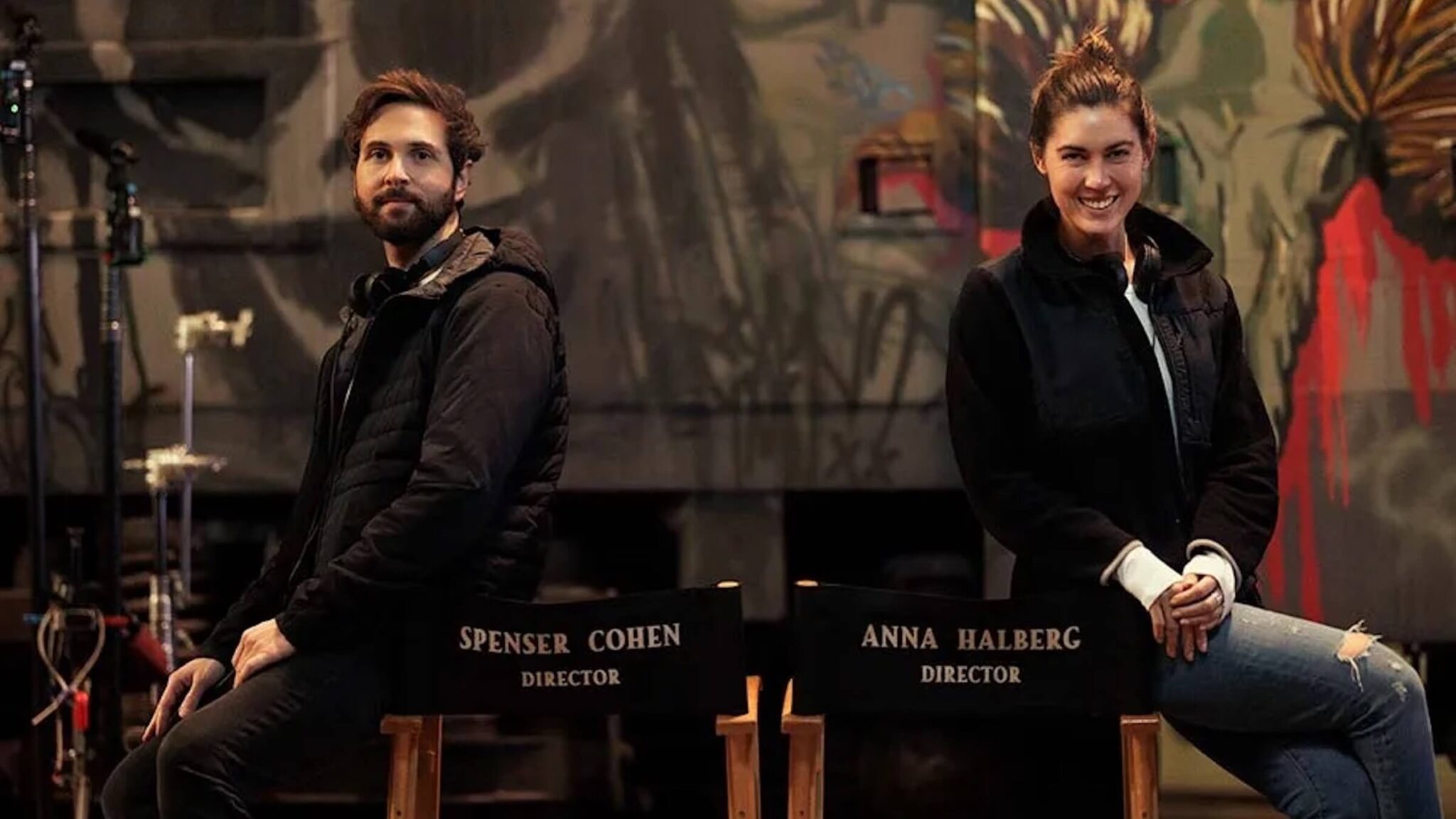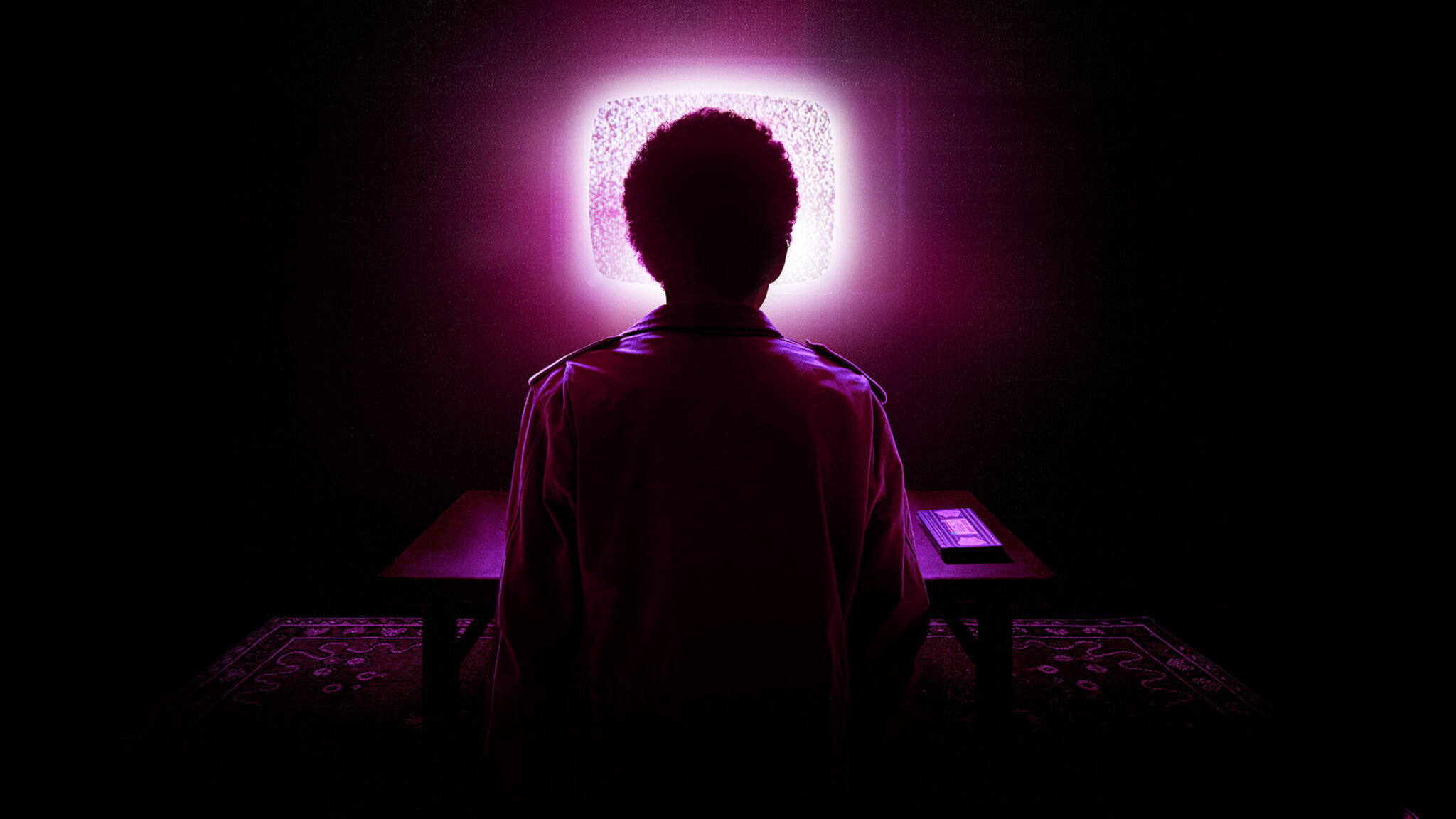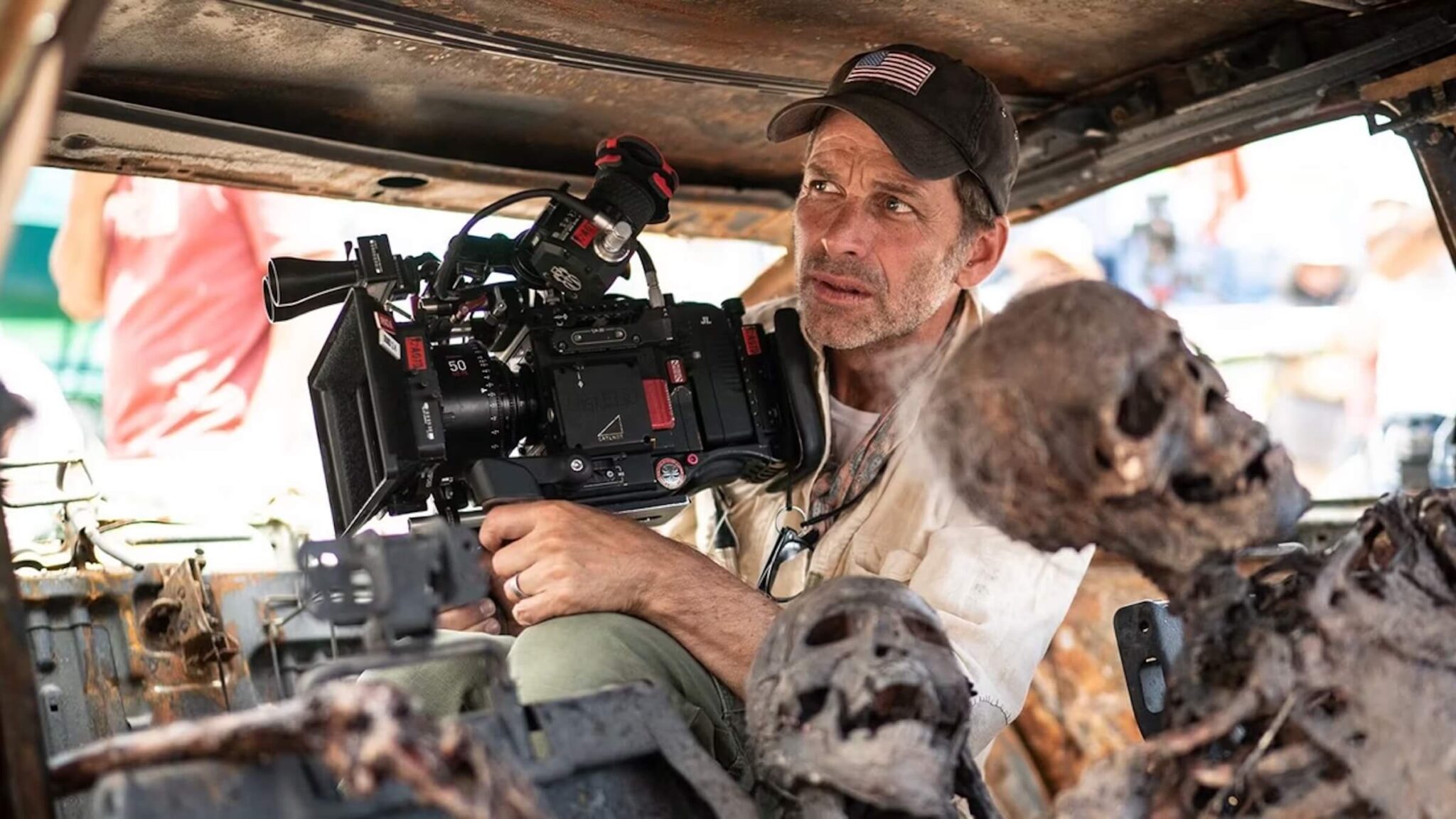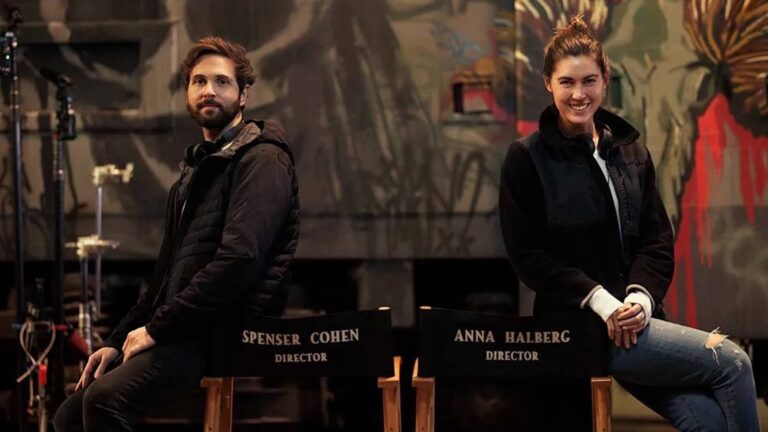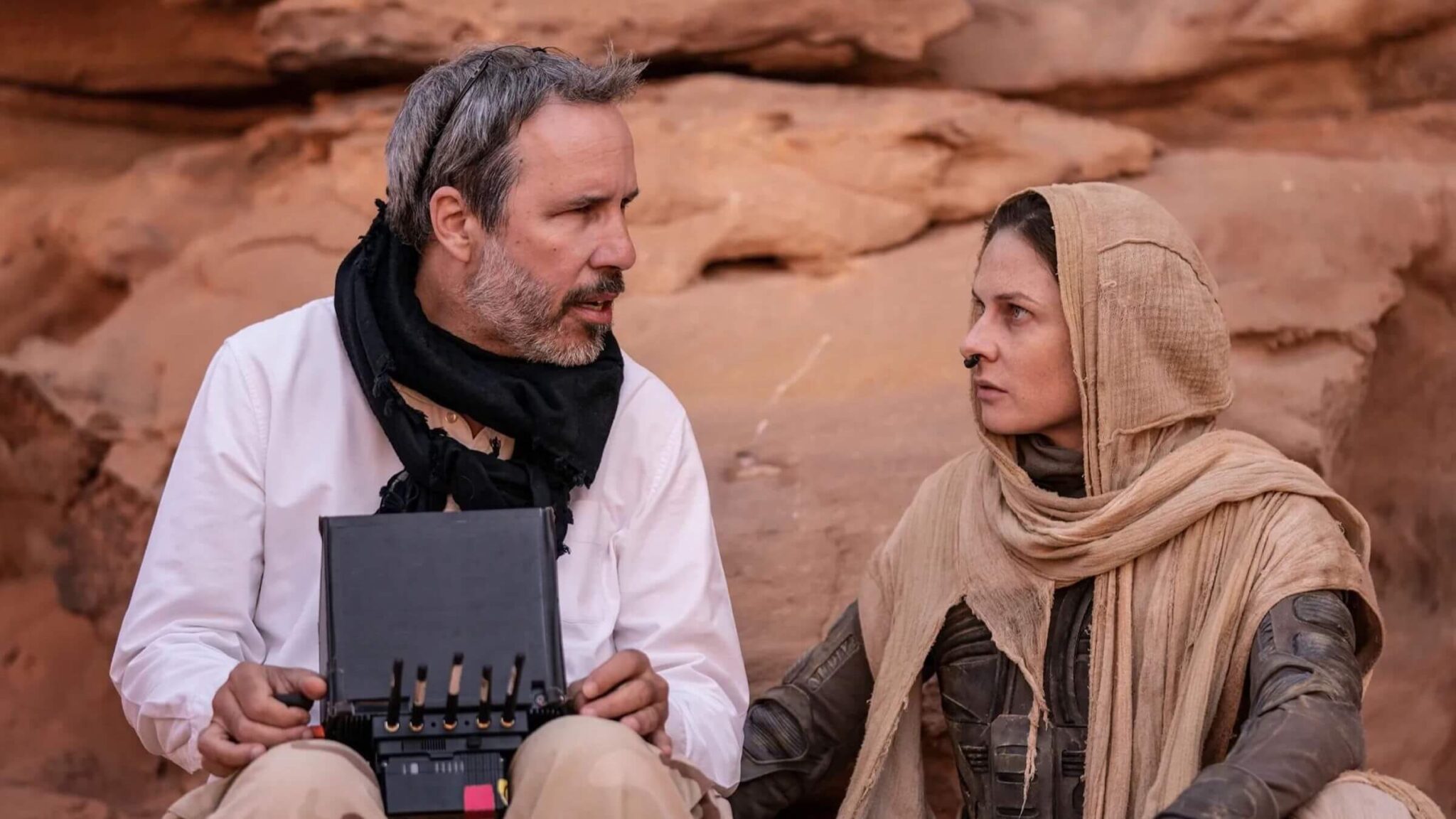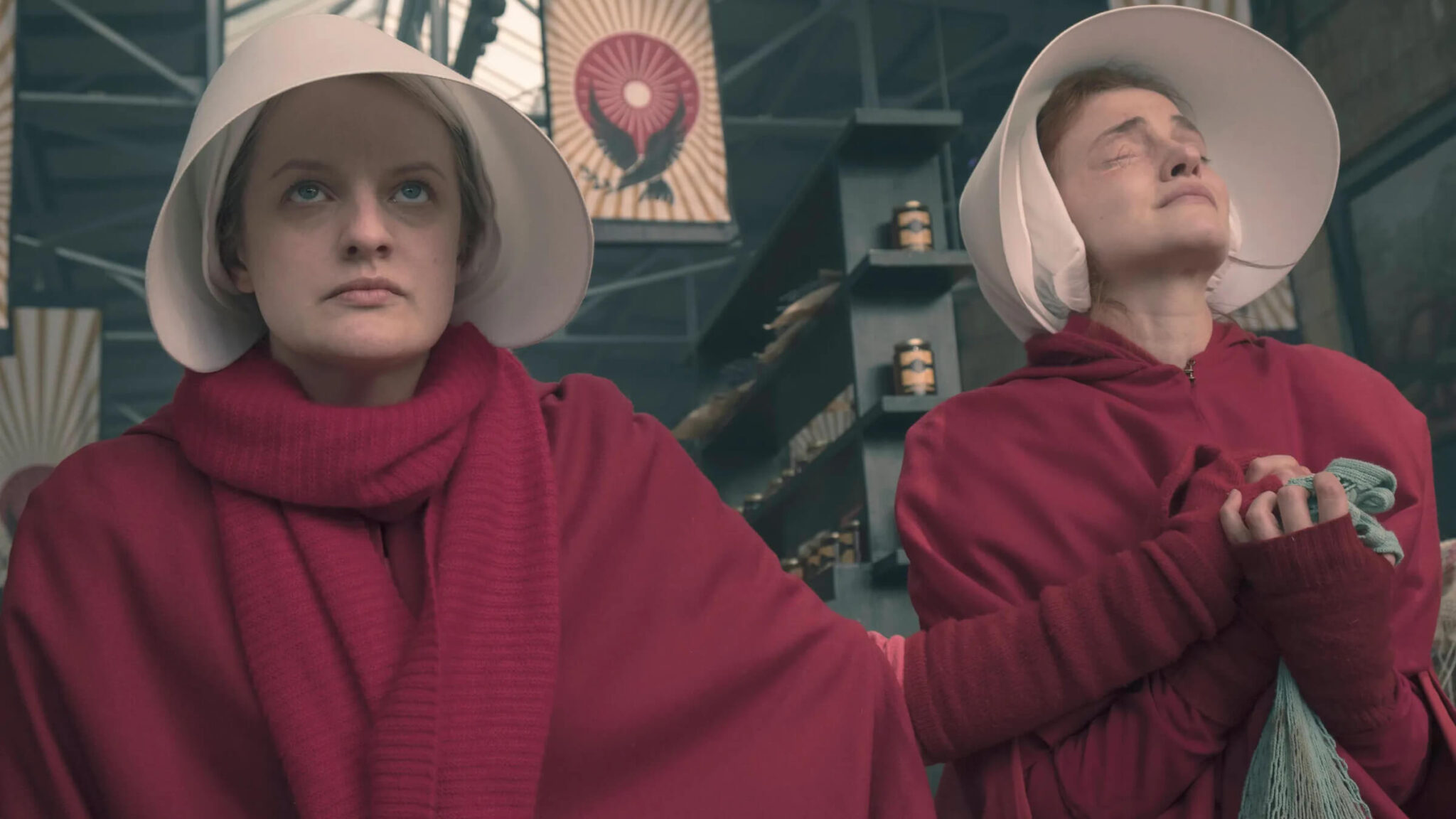5 Takeaways from 'Making and Selling Great Sci-Fi & Fantasy'

ScreenCraft recently hosted a panel discussion, "Making and Selling Great Sci-Fi and Fantasy," on Facebook Live. Moderated by last year’s winner, Emily Rose Laochua, the panel consisted of Mette Norkjaer, Creative Executive, BOOM! Studios; Samantha Crawley, Director of Development, Skybound Entertainment; Sean Crouch, TV Writer, Creator and Showrunner (Lore, The 100, The Exorcist); and Terry Matalas, TV Writer, Director and Showrunner (Star Trek: Picard, 12 Monkeys, MacGyver).
The stars of the show were IPs (Intellectual Properties), along with the Do’s and Don’ts of Submissions and Pitches. And let us not forget the all-important Sage Advice from people who have been doing for years what you want to be doing right now. The following are some key takeaways from an informative and entertaining hour.
It’s All About the IP
Crouch enthusiastically sums it up, “The name of the game is IP, and finding that IP that’s going to be a home run. They’re less risky than something more original.” Meanwhile, Crawley and Norkjaer work for companies that make their own IPs. Crawley noted, “Coming out of everything that we just went through, I think it’s going to be finding stuff that feels good, and can provide some real entertainment.” Norkjaer notes, “Once we or a buyer are excited about an IP in our catalog, then the executive team tries to find the right voice to realize the character, elevate the material and bring it to life.”
She adds, “Since ideas aren’t copyrightable, the best way to create the underlying material and say it’s your concept, your world, is to make it exist in some way shape or form.”
Here are some examples:
- Write a short story and put it online.
- Put together a comic book for a four-issue run.
- Use WHAT PAD, a website and app that publishes stories, then creates social communities around these stories.
- Stories are even being optioned off of Reddit!

'Star Trek: Picard'
Avoid These Mistakes When Submitting a Script or Writing Sample
When asked about their pet peeves, there were no hesitations amongst the panel on what drives them nuts:
Crouch: “Too much. Keep it simple stupid. (K.I.S.S.)”
Crawley: “And inject your voice into it. Fill the characters and the emotion with something that comes from you.”
Matalas: “Come at it from character first. You can build the greatest world anyone has ever seen but without that person you can connect to, it’s hard.”
Norkjaer: “And then there’s the smaller details such as typos. There’s something that takes you out of the read when you’re reading page after page of them.”
Elements of a Good Pitch
Crouch sees pitches as an extension of the pitch deck. So, “Know your show because they’re going to have questions.” They want to know there’s a vision and that you have control of the situation. Norkjaer, “If they’re poking holes in your story, and you can explain how you envision such and such, then you’re building trust with that executive.”
Matalas likens it to a performance, “Your energy and enthusiasm and passion for the project is important. It’s okay to practice.” Practice on a friend, and see if they check out after nine minutes. And for the love of God, keep it under 20 minutes. Every note or question you get will add another 10 minutes to the pitch. People just don’t have the attention span. Keep it simple, stupid!
The Importance of the Pitch Deck and the TV Bible
The pitch deck is super-important because it’s a great way to show how the piece should look and feel – the tone. Matalas, “One of the best pitch decks ever was for Stranger Things. It had the feeling of the early 80s. It was like Starlog Magazine. It was beautiful.” And if you include comparable shows, Crawley says, “Don’t be afraid to blend genres, but be really smart about the shows you choose. How popular they are. How recent.” Norkjaer adds, “And watch out for comps that didn’t do well.”
As for the Bible, says Matalas, “The second anyone reads your script and loves it, they’re going to want to know where it’s going - and you need to know. Some have no idea. Some go into the weeds on what’s going to happen to each character, with the series fleshed out entirely.” Your best bet is to be able to give the feel of the show, how it’s going to look, and how some of the arcs will play out. Adds Crouch, “But if you get hired by a studio, and they want to know how it’s going to play out you should be paid for it!”
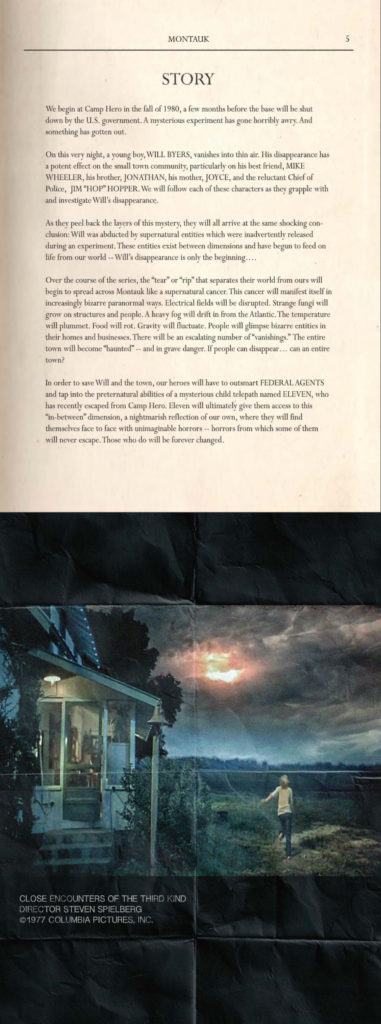
An excerpt from the TV Bible for ‘Stranger Things’
Beginner Mistakes to Avoid
When asked about something they wished they knew when they first started in the industry, the panel dug deep and delivered these responses:
Crouch: “I wish I knew not to read the trades and worry about what other people were doing. Don’t make yourself crazy with the fear of missing out. There’s room for everybody.”
Norkjaer: “Like what you like and be unapologetic about it... as long as you can talk about why you like it.”
Crawley: “I wish I knew how hard it is to pitch mythology to a studio. Keep it as simple as possible, and know you can build it out later.”
Matalas: “Don’t assume everyone has seen everything you have seen. I once referenced Marty McFly in a pitch and lost everyone in the room.”
Tags
Get Our Screenwriting Newsletter!
Get weekly writing inspiration delivered to your inbox - including industry news, popular articles, and more!














